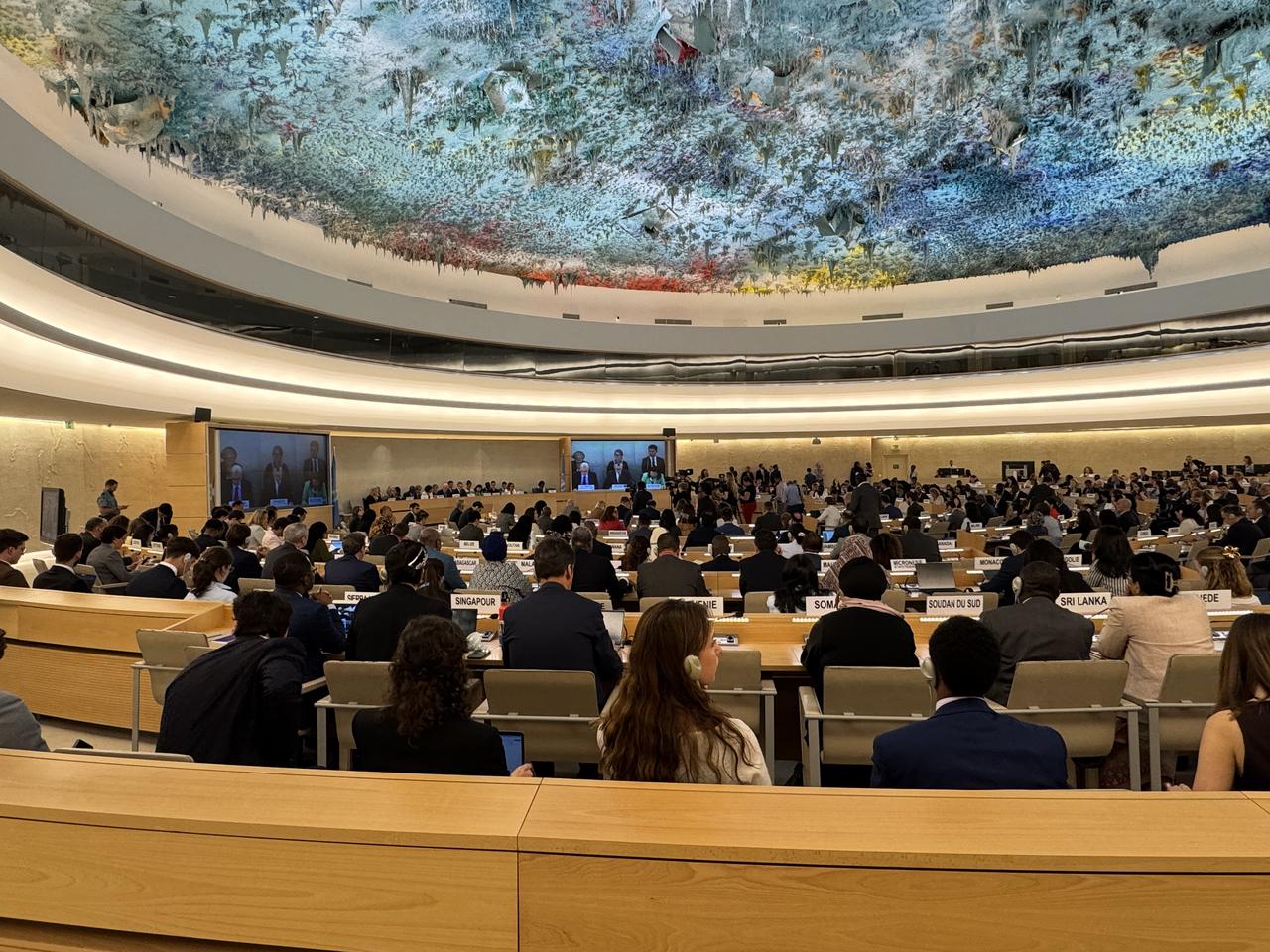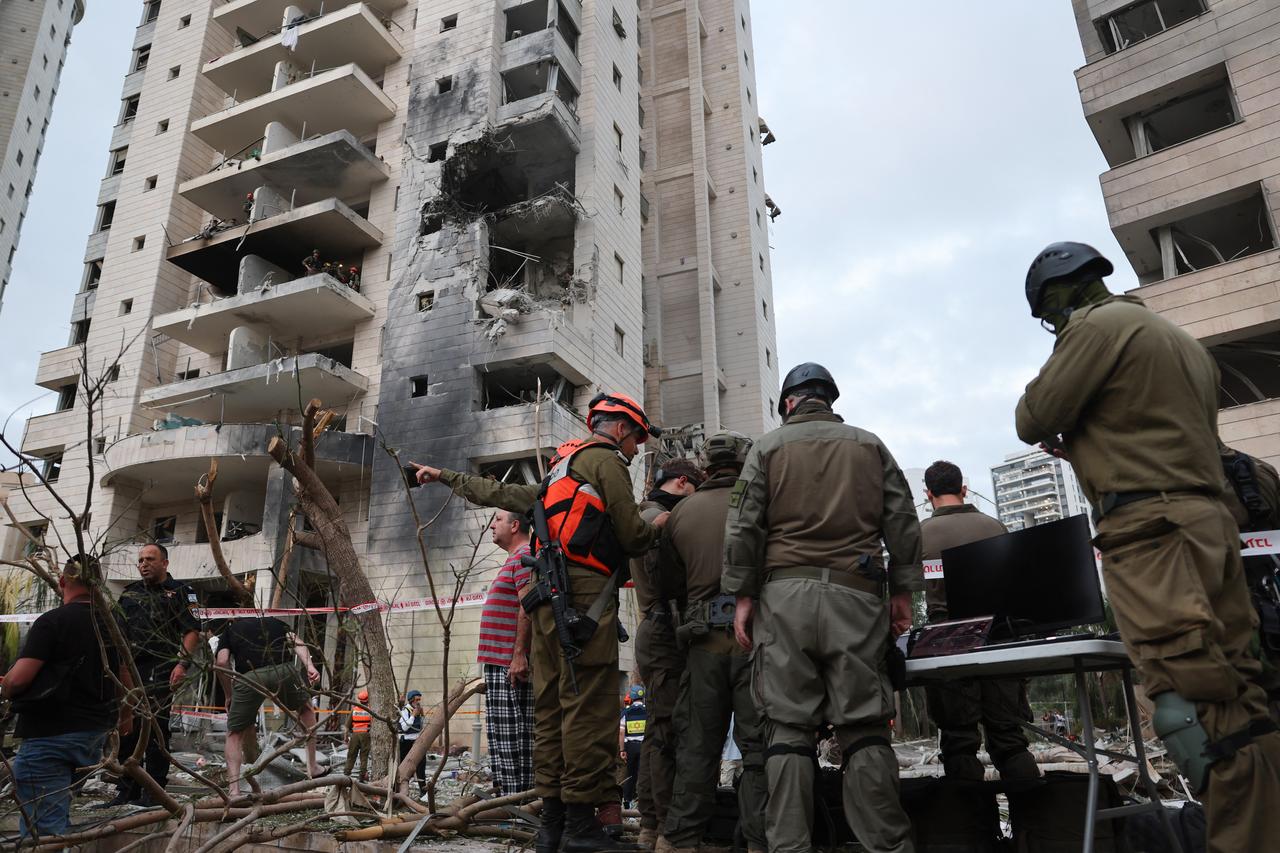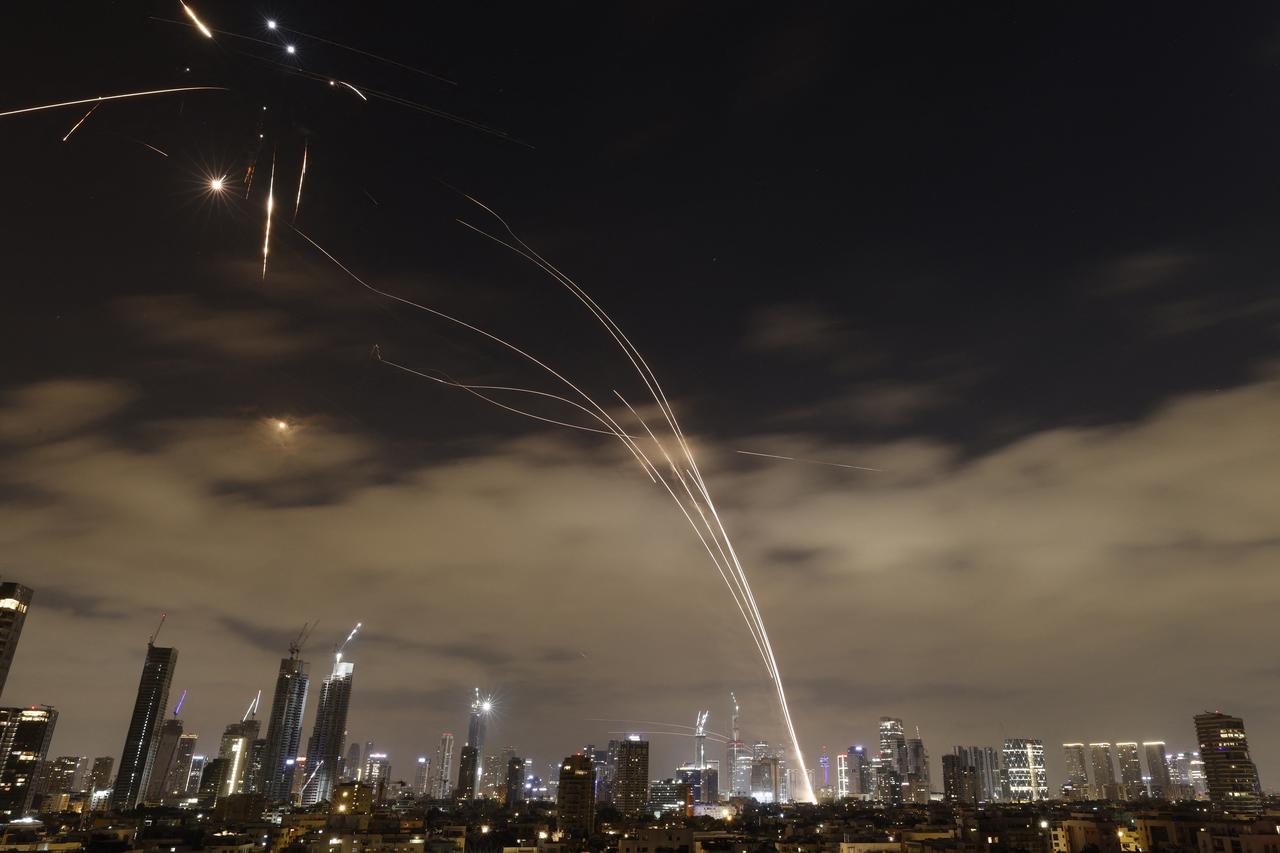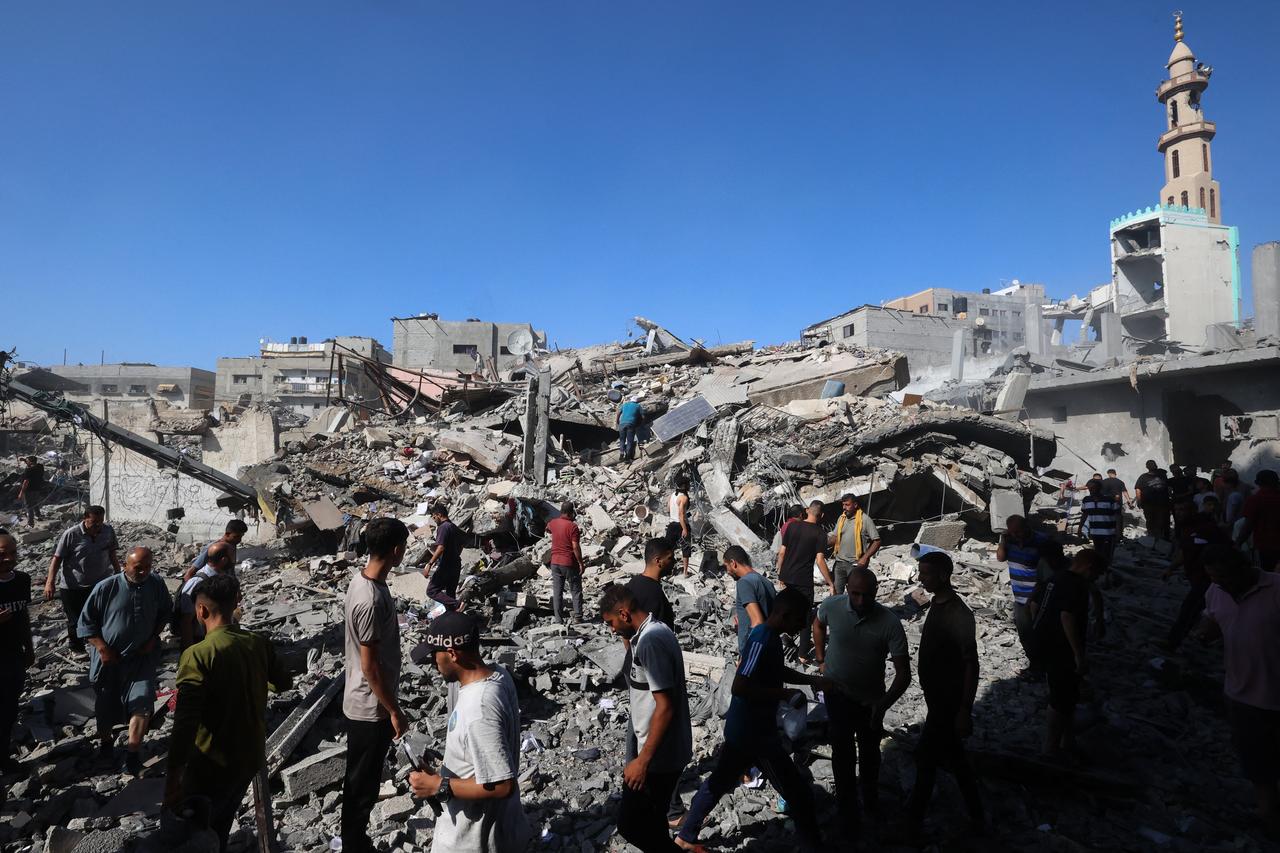
United Nations High Commissioner for Human Rights Volker Turk has called for “urgent diplomatic negotiations” to end the ongoing hostilities between Israel and Iran, citing the growing escalation as “deeply alarming.”
Speaking at the opening of the 59th session of the U.N. Human Rights Council (UNHRC) in Geneva, chaired by Swiss Ambassador Jurg Lauber, Turk stressed the need to de-escalate tensions and engage in a peaceful resolution process.
"I join those calling for de-escalation and urgent diplomatic negotiations to end the attacks and find a path to resolution," he said.
Turk also urged both parties to fully respect international law, particularly the protection of civilians in densely populated areas.
Türkiye's Permanent Representative to the U.N. Office in Geneva Ambassador Burak Akcapar, the Turkish Republic of Northern Cyprus (TRNC) Representative Kemal Koprulu, senior U.N. officials, and numerous country delegates attended the opening session.

According to the Israeli Prime Minister’s Press Office, Iran launched 370 ballistic missiles at Israel since June 13. The missiles reportedly hit 30 different locations across the country, though most were intercepted by Israel’s defense systems.
The Israeli statement reported 24 deaths and 592 injuries resulting from the strikes. Among the wounded, 10 individuals are said to be in critical condition.

Tensions spiked dramatically after Israel conducted large-scale airstrikes on June 13, targeting Iranian military command centers and nuclear facilities across multiple cities.
The strikes reportedly killed Iran’s Chief of Staff, the Commander of the Islamic Revolutionary Guard Corps (IRGC), several senior military officers, and nine nuclear scientists. The total civilian death toll in Iran was reported at 224.
In response, Iran launched a series of ballistic missile attacks against Israel, leading to casualties and widespread damage.
Türkiye and several other nations have condemned Israel's initial military actions, urging restraint and renewed diplomacy to prevent further escalation in the region.

Turk strongly criticized Israel’s military methods in Gaza, highlighting the devastating toll on civilians. “According to Gaza’s Health Ministry, over 55,000 Palestinians, many of them children, have been killed. The attacks continue relentlessly,” he stated.
He condemned Israel for allegedly using food as a weapon and obstructing humanitarian aid: “I call for an impartial investigation into deadly attacks on desperate civilians trying to access food distribution centers.”
Turk also denounced “disturbing and inhumane rhetoric” by high-level Israeli officials, noting it evokes “the gravest crimes.” He warned that barring international journalists from Gaza undermines transparency and accountability.
“Everyone in a position of power must acknowledge the reality of what’s happening in Gaza,” Turk said. “Pressure must be maximized on both Israel and Hamas to end this unbearable suffering.”

Turk highlighted the worsening situation in the occupied West Bank, citing near-daily incidents of violence, arrests, and displacement of Palestinians by Israeli forces and settlers. He reiterated that Israeli settlements and annexations in the region are illegal under international law.
Only an “immediate cease-fire enabling a two-state solution, with Gaza as an integral part of the Palestinian state,” can lead to sustainable peace, Turk asserted. He called for the release of all Israeli hostages and arbitrarily detained Palestinians.
Expressing concern over Israel’s attacks in Lebanon, Turk said civilian deaths and damage to homes and medical facilities were alarming. He urged respect for a ceasefire on both sides of the border and emphasized international support for Lebanon’s institutional and socio-economic recovery.
Regarding Ukraine, Turk warned that stalled cease-fire negotiations have led to intensified fighting. "Long-range weapons used by Russian forces have significantly increased civilian casualties this year," he noted, calling on both Russia and Ukraine to commit to the exchange of all prisoners of war and the release of detained civilians.
Turk also addressed the ongoing conflict in Sudan, criticizing the lack of international attention. He reported a “threefold increase” in arbitrary civilian killings between February and April 2025, warning the country is sliding into deeper chaos.